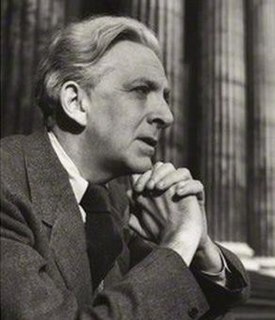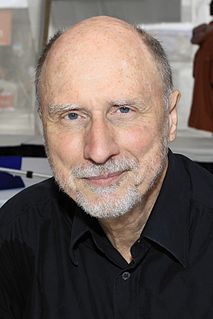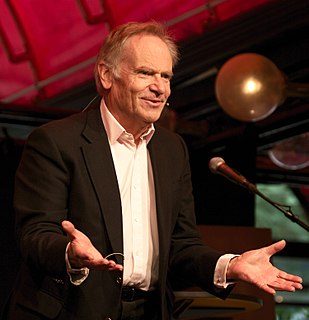A Quote by Angus Wilson
The impulse to write a novel comes from a momentary unified vision of life.
Related Quotes
Natural writers will often try to force themselves into a form - novel, story, screenplay, or poem - that is not necessarily the appropriate form for the way they see the world... if, in fact, they are writing from the artist's impulse, which is a deep, inchoate vision of some sort of order behind the apparent chaos of life on planet earth, they'll be driven then to express that vision in the creation of the object - the art object.
The desire to be liked is acceptable in real life but very problematic in fiction. Pleasantness is the enemy of good fiction. I try to write on the premise that no one is going to read my work. Because there's this terrible impulse to grovel before the reader, to make them like you, to write with the reader in mind in that way. It prevents you doing work that is ugly or upsetting or difficult. The temptation is to not be true to what you want to write and to be considerate or amusing instead. I'm always trying to fight against the impulse to make my readers like me.
No writer, I believe, should attempt a novel before he is thirty, and not then unless he has been hopelessly and helplessly involved in life. For the writer who goes out to find material for a novel, as a fishermen goes out to sea to fish, will certainly not write a good novel. Life has to be lived thoughtlessly, unconsciously, at full tilt and for no purpose except its own sake before it becomes, eventually, good material for a novel.
I always was interested in prose. As a teenager, I published short stories. And I always wanted to write the long short story, I wanted to write a novel. Now that I have attained, shall I say, a respectable age, and have had experiences, I feel much more interested in prose, in the novel. I feel that in a novel, for example, you can get in toothbrushes and all the paraphernalia that one finds in dally life, and I find this more difficult in poetry.






































